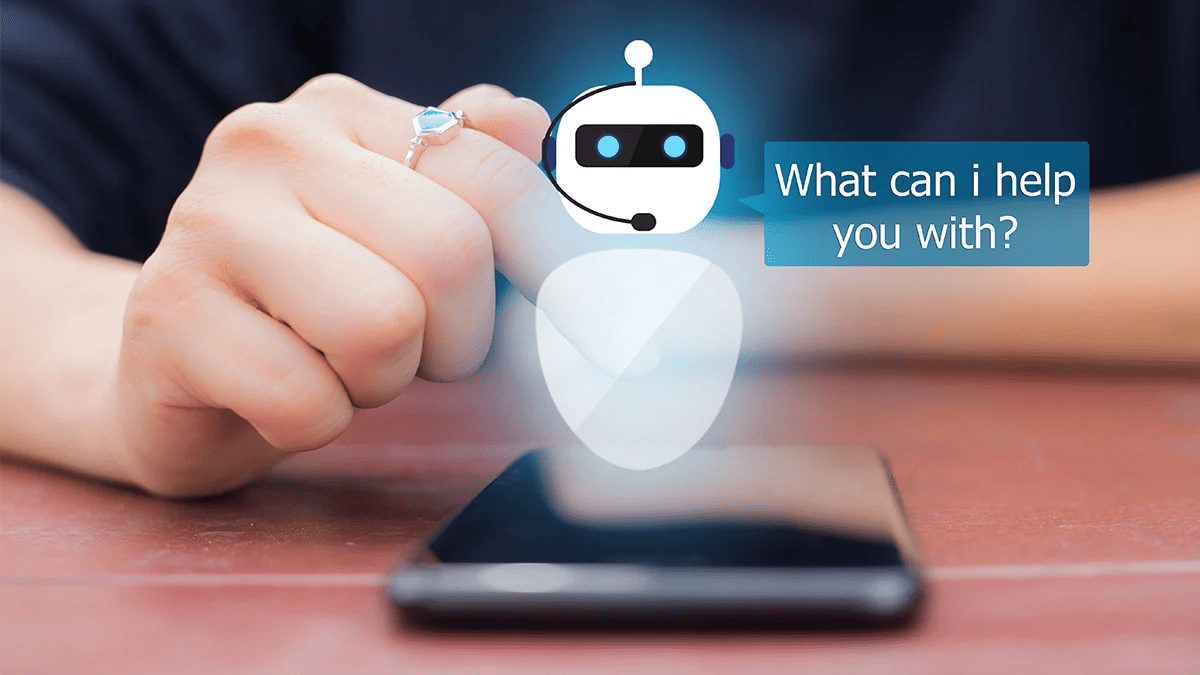
Artificial Intelligence is rapidly transforming the way we perform everyday tasks, automating repetitive activities and enhancing productivity across various aspects of life. AI-powered automation is now embedded in everything from virtual assistants and scheduling tools to smart home devices and workplace management systems, reducing manual effort and improving efficiency.
One of the most common uses of AI in automation is task management and scheduling. AI-driven calendar applications like Google Calendar, Microsoft Outlook, and Notion AI help users schedule meetings, set reminders, and optimize time management. These applications analyze user behavior and suggest the best times for appointments, eliminating the hassle of manual scheduling. AI can even predict scheduling conflicts and offer alternative time slots, streamlining workflow for professionals and businesses.
Another area where AI excels in automation is email and message filtering. Services like Gmail and Outlook use AI to categorize emails into different folders, detect spam, and prioritize important messages. AI-based chatbots in business communication tools like Slack and Microsoft Teams help automate customer support, answer common inquiries, and manage workflows without human intervention.
In the home, AI-driven smart appliances simplify daily chores. Robot vacuum cleaners like Roomba, AI-powered washing machines, and smart kitchen devices learn user preferences and adjust settings automatically. For example, a smart refrigerator can track food inventory, suggest recipes based on available ingredients, and even notify users when items are about to expire.
AI-powered voice assistants like Amazon Alexa, Google Assistant, and Apple Siri further enhance daily automation. They integrate with home automation systems to control lighting, adjust thermostats, lock doors, and even order groceries using voice commands. These assistants also help with hands-free communication, allowing users to send messages, make calls, and set reminders effortlessly.
In the workplace, AI-powered document automation tools like Grammarly, Jasper AI, and ChatGPT help professionals draft reports, create presentations, and proofread documents. AI-powered CRM (Customer Relationship Management) systems automate client interactions, analyze customer behavior, and improve sales strategies by predicting trends and preferences.
AI automation is also making a significant impact on transportation and logistics. Self-driving car technology, developed by companies like Tesla and Waymo, aims to reduce human error and make commuting safer. AI-powered traffic management systems optimize routes, reduce congestion, and adjust traffic lights based on real-time data, improving urban mobility.
While AI automation brings numerous benefits, it also raises concerns about data privacy, reliance on technology, and job displacement. As AI continues to evolve, industries and individuals must strike a balance between automation and human oversight. Ethical AI development and responsible implementation will be essential in ensuring that AI serves as a tool for empowerment rather than disruption.
AI-powered automation is no longer a futuristic concept—it is already shaping the present and redefining convenience. Whether in personal life, home management, business operations, or city planning, AI-driven automation is making daily tasks easier, allowing people to focus on creativity, decision-making, and personal well-being. 🚀